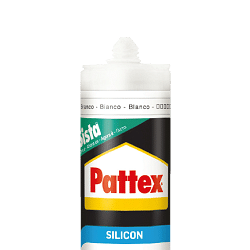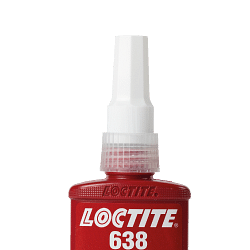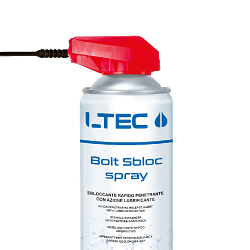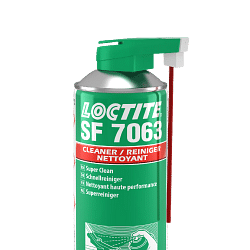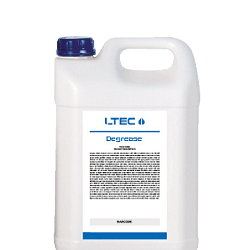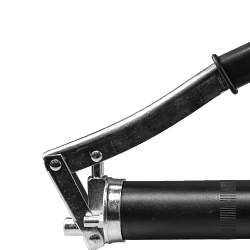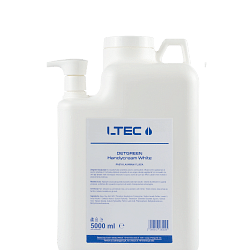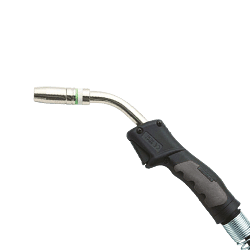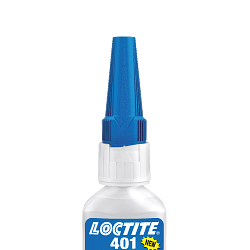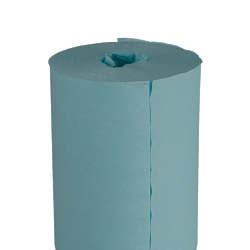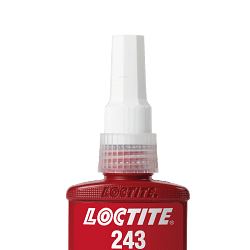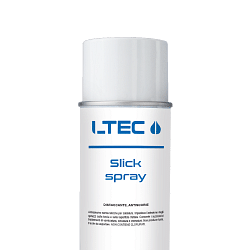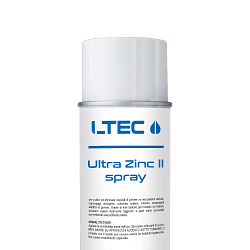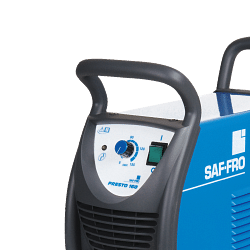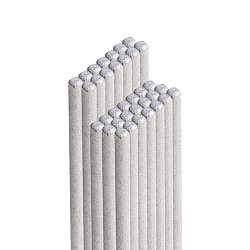< Chemical, adhesives and sealants Welding machines
Welders are a key tool in the machine shop landscape, a sector where precision and reliability are essential. These devices, distinguished by their ability to join metallic materials through fusion, are the beating heart of many industrial operations. In this in-depth look, we will explore the different types of welding machines, how they work, the advantages they offer and answer the most frequent questions that arise in the context of machine shops.
Introduction to welding machines: a pillar of the mechanical industry
Welding machines are tools designed to join two or more pieces of metal through a fusion process. This process occurs through the application of intense heat, which brings the materials to a liquid state, allowing them to fuse and solidify into a single structure. Welding machines are used in a wide range of applications, from shipbuilding to automotive production and the fabrication of complex metal structures.
Types of welding machines and their applications
There are different types of welding machines, each with specific characteristics that make them suitable for particular applications. Among the most common are:
- Coated electrode (MMA) welders: These welders use a coated electrode that acts as a filler material. They are particularly appreciated for their versatility and ability to operate in difficult conditions, such as outdoors or in dirty environments.
- Continuous Wire Welders (MIG/MAG): These devices use a continuous wire as a filler material, which is fed automatically. They are ideal for jobs requiring speed and precision, such as in mass production.
- TIG (Tungsten Inert Gas) welders: They use a non-consumable tungsten electrode and are known for their ability to produce high quality, high precision welds. They are often used in applications requiring high aesthetic finishes.
- Resistance welders: These welders utilise electrical resistance to generate heat and melt materials. They are commonly used in the automotive industry for welding thin sheets.
Advantages of using welding machines in machine shops
The adoption of welding machines in machine shops offers numerous advantages, including:
- Production efficiency: Welding machines allow metal joints to be made in less time, increasing workshop productivity.
- Operational flexibility: Thanks to the variety of types available, welding machines can be used in a wide range of applications, adapting to the specific needs of each project.
- Joint quality: Welds made with appropriate tools guarantee strong and durable joints, which are essential for the safety and reliability of metal structures.
- Cost reduction: The efficiency and speed of welding operations help reduce production costs, improving the competitiveness of workshops.
How to choose the right welding machine for your workshop
The choice of the most suitable welding machine depends on several factors, including the type of materials to be welded, the thickness of the sheets, the working environment and the level of precision required. It is essential to carefully evaluate the technical specifications of each model and consider the operational needs of the workshop.
Frequently asked questions about welding machines
1. What is the difference between MIG and TIG welding?
MIG welding uses a continuous wire as a filler material, whereas TIG welding uses a non-consumable tungsten electrode. MIG welding is faster and suitable for mass production work, while TIG welding offers greater precision and aesthetic quality.
2. What are the main risks associated with the use of welding machines?
The main risks include burns, exposure to toxic fumes and eye damage caused by intense light. Appropriate safety measures, such as the use of protective masks and adequate ventilation, are essential.
3. How is a welding machine maintained?
Regular maintenance of welding machines includes cleaning the nozzles, checking cables and electrical connections, and checking temperature and current settings. Proper maintenance ensures optimal performance and extends the life of the device.
Conclusion: the importance of welding machines in modern industry
Welding machines are indispensable tools in machine shops due to their ability to join metal materials with precision and reliability. Choosing the right model and adopting appropriate safety practices are critical to maximising the benefits offered by these devices. As welding technologies evolve, workshops can continue to improve the quality and efficiency of their operations, maintaining a competitive advantage in the global market.
Read More Read Less 




